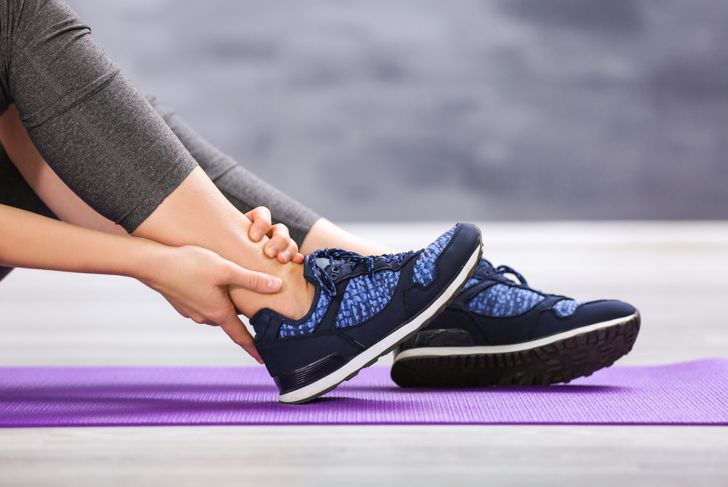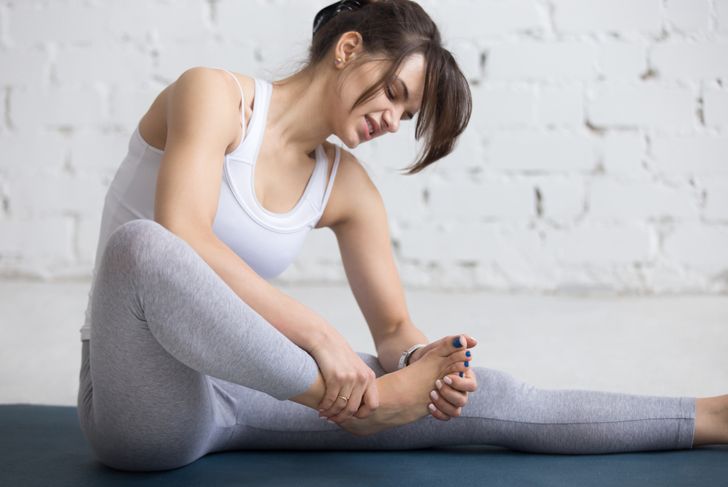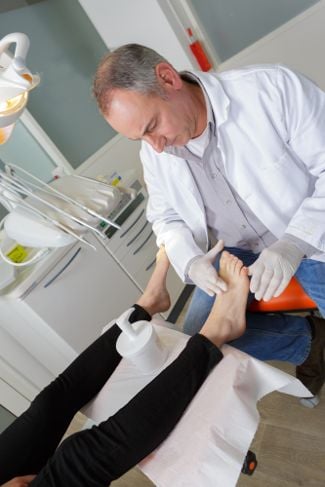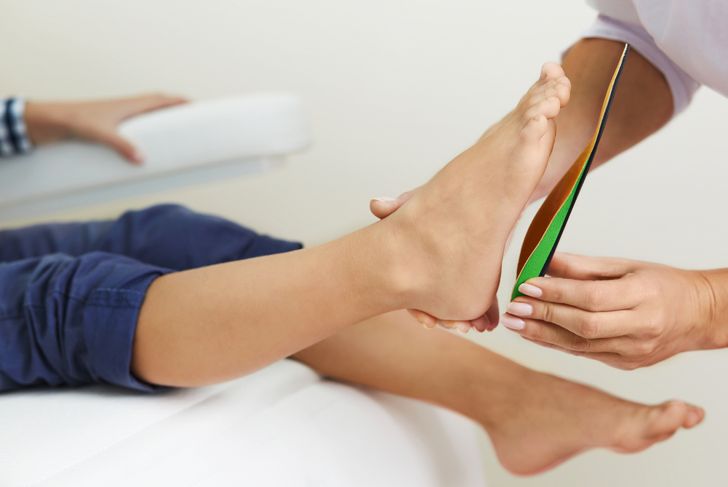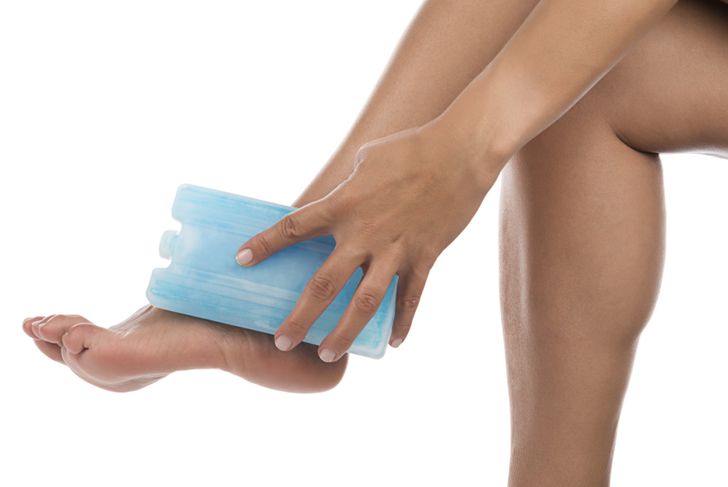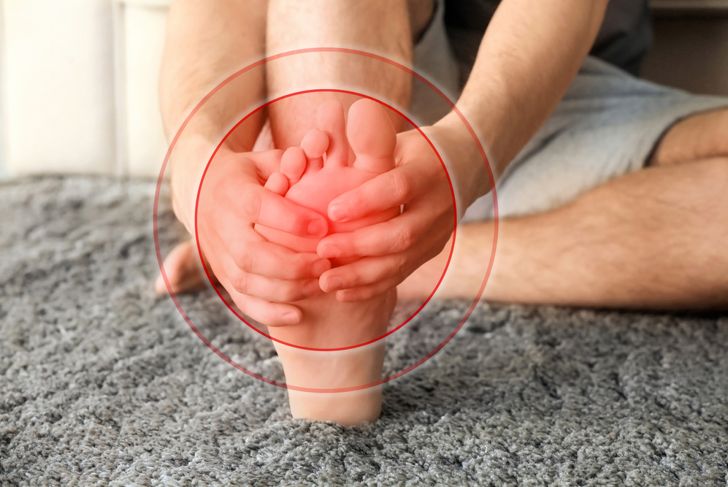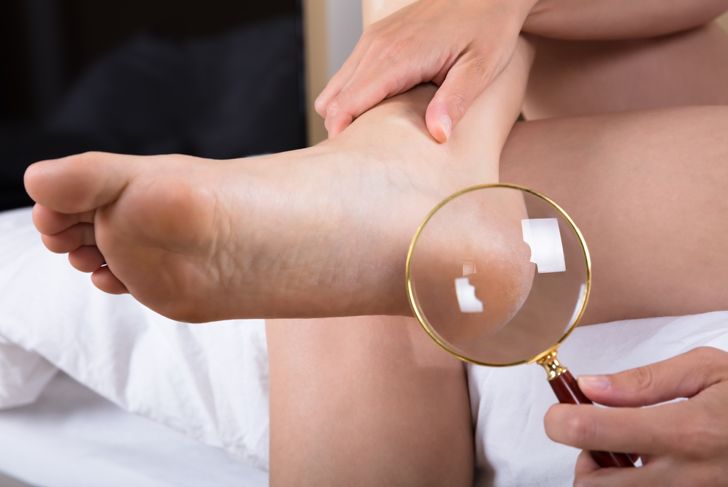We often take our feet for granted, never minding what they’re made of and what their functions are. Our feet have an intricate set of muscles, bones, tendons, ligaments burdened to carry us the rest of our lives. The only time we really pay notice to them is when they hurt and would want immediate relief for them. Pain is the only flag that will remind us that our feet need help. We should never ignore foot pain, especially when they occur after some serious injuries. It complicates the healing process and may lead to more serious problems.
What are the common causes of foot pain?
Foot pain can be due to several factors. They can be biomechanical, structural or metabolic deformities. A foot doctor can determine the cause by thoroughly examining the affected foot. The doctor can conduct simple in-office tests during your visit to give you an accurate diagnosis and a treatment regimen to relieve the pain.
What are the common symptoms of foot pain?
Foot pain usually manifests through several symptoms. These can include pain, burning sensations, itchiness, dry skin, soreness, and more. Because of the feet’s role in our everyday lives, foot pain is fairly common. At the first signs of any symptoms or a combination of such, it’s recommended that you consult with a medical professional. If you are an active person engaged in low-impact activities, make it a point to protect yourself by wearing shoes that fit properly. This can ease foot pain and will reduce the risk of further foot injuries.
What kind of doctor can treat foot pain?
We call them podiatrists, doctors who specialize in medical diagnoses and treatment of foot, heel, and ankle problems. The word podiatrist is of Greek origin. The word “pod” means foot and “iatrist” means healer. Thus, the term means foot-healer. Podiatrists must finish a doctorate in podiatry. They will need to pass the state and national exams to get their license to practice.
What happens when you consult with a podiatrist for foot pain?
Like any other doctor, the podiatrist will ask the patient initial questions about their problem. There’s quite a handful of questions, but you should expect these. The doctor will be covering as many angles to come up with an accurate diagnosis. If you are a new patient, the doctor may also ask questions about current health problems, your family history, as well as your lifestyle.
What is the best kind of first aid treatment for foot pain?
Serious foot pain or injury will definitely need some medical attention. Before that though, it’s important that you apply some sort of first aid to your injured foot. You can start with what’s known as the RICE therapy. This first aid therapy has four simple steps namely rest, ice, compression, and elevation. Rest will give the body an opportunity to begin healing itself and will also protect the affected areas from further injury. Ice is essential in controlling the pain and the inflammation. Finally, compression along with elevation work hand-in-hand to prevent the injured area from swelling.
What causes foot pain under the balls of the feet?
It’s common to feel foot pain that involves the ball of the foot. More often than not, this is usually due to some mechanical interruption in the foot’s function. The doctor must trace the pain whether it be a pinched nerve or an injured toe-joint in the ball of your foot. Your podiatrist will use diagnostic tools to determine what is causing the problem. He might extract bone or soft tissue for pathological tests. Most often though, the podiatrist can determine the pain’s cause by a mere physical examination supplemented by your medical history.
How do you improve poor circulation to prevent foot pain?
There are many ways to improve blood circulation. Many of them you may already be practicing. These can include eating healthy foods, exercising regularly, and quitting cigarettes. Smoking is a huge factor that contributes to peripheral arterial diseases, and this is one of the common circulatory problems. Healthy diets may lower cholesterol levels and blood pressure. Exercise can condition the muscles to utilize their share of oxygen more effectively.
How can people with diabetes prevent foot pain and other problems?
Make it a point to inspect your feet daily and observe any changes. If you injure your foot, seek medical attention immediately. Have your health care provider check your feet regularly. Generally, it’s done once every year. Finally, inquire from your provider a list of do’s and don’ts about foot care.
How can you prevent foot pain while running?
Running or jogging is an exercise and it should be part of a healthy lifestyle. Unfortunately, there will always be risks when performing these types of exercises. Fortunately, there are also many ways to decrease the risk of incurring injuries while on the running trail. When it comes to running, the most common causes of foot pain is Achilles tendinitis and metatarsalgia. The first one is an overuse injury of the Achilles tendon while the second one is a common foot disorder that can affect the bones and joints at the ball of your foot. The best way to avoid these ailments is to wear shoes that work for your foot type.
Are stretching exercises effective in the prevention of foot pain?
Stretches can be effective in preventing foot pain. When you do these type of exercises, the connective tissues and muscles relax and release tension. This makes them less likely to painfully pull on the structures of your foot. Both exercises and stretches can work those small muscles of your feet. Such combined movements can help the conditioning and the stabilizing of your lower extremities. It makes them more capable of handling the pressure of different activities.

 Home
Home Health
Health Diet & Nutrition
Diet & Nutrition Living Well
Living Well More
More